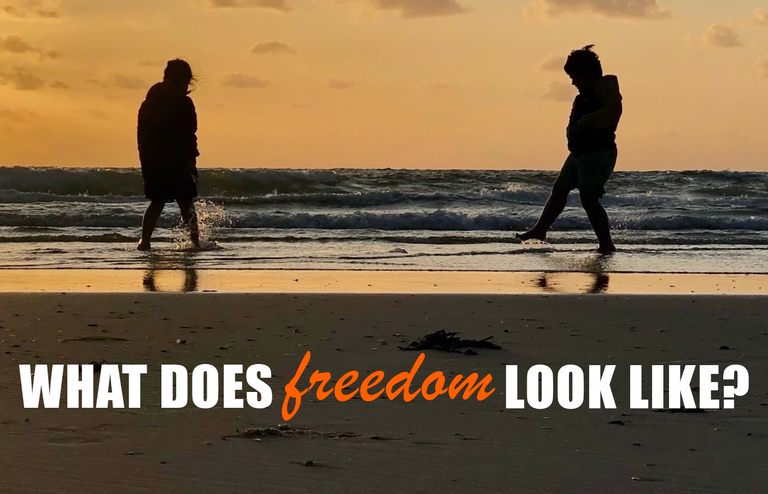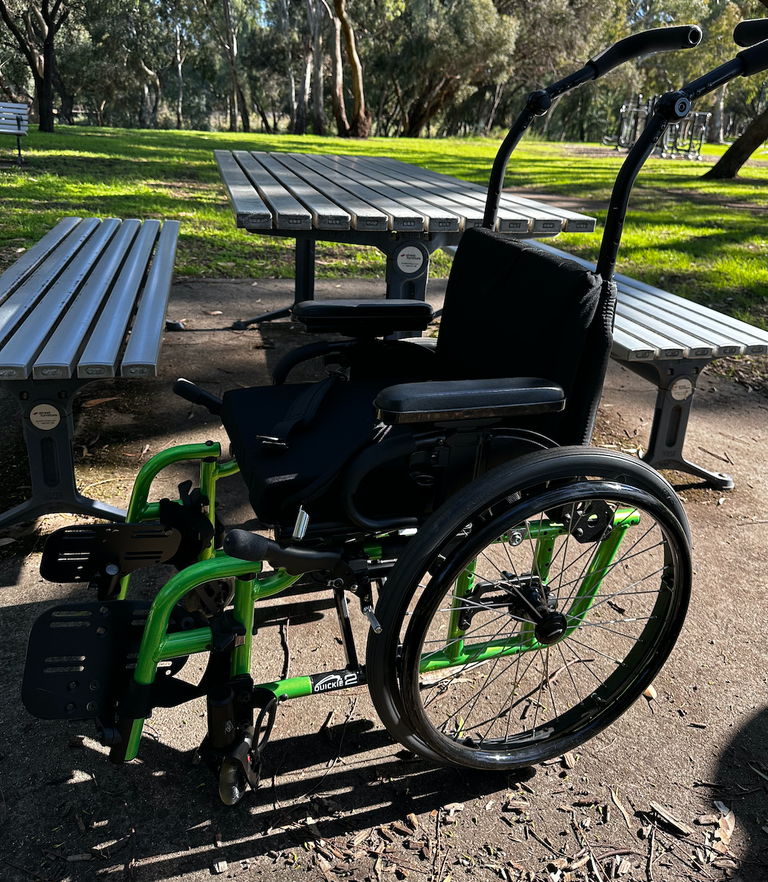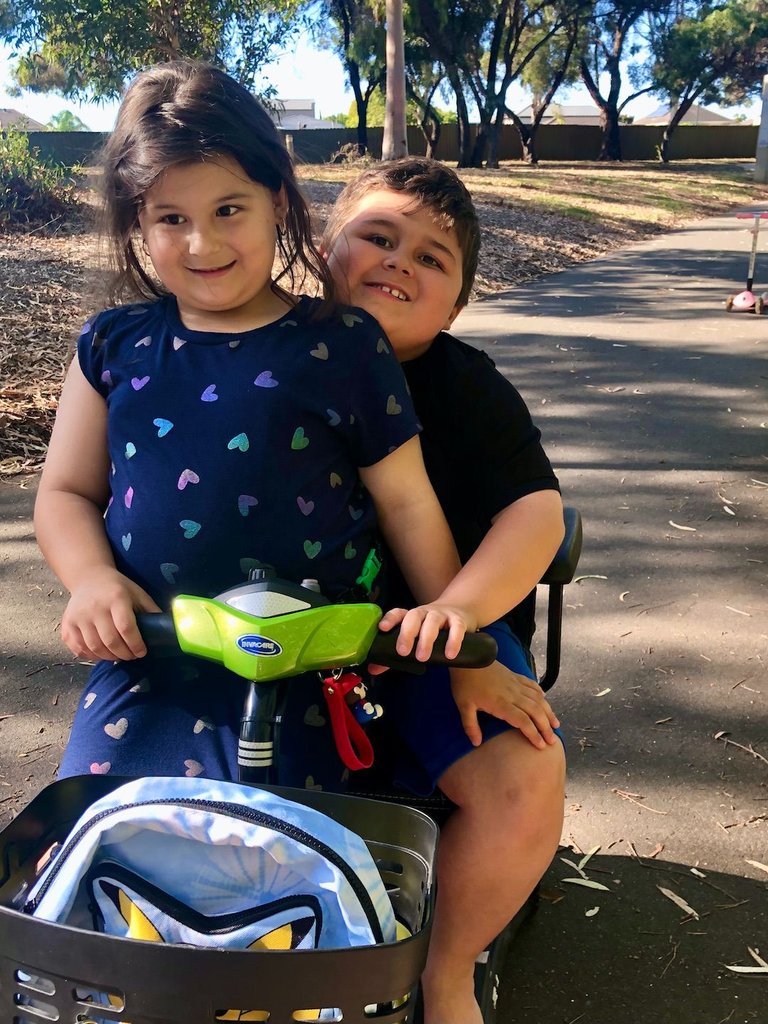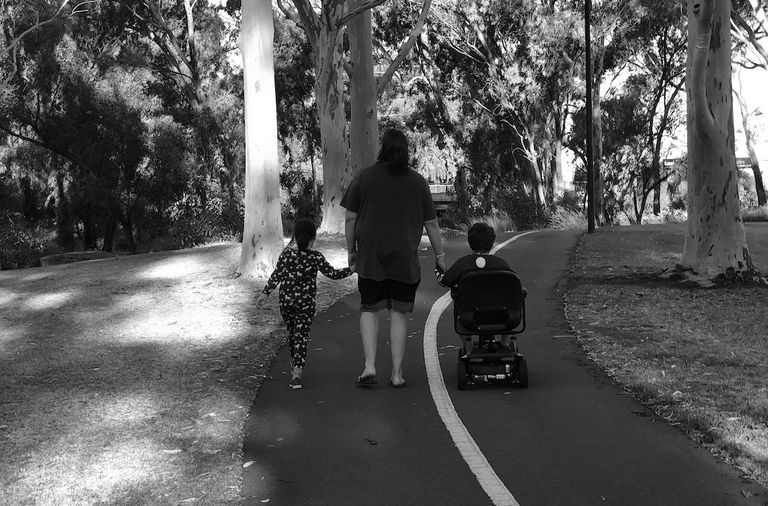
If you've read, or watched, any of my other posts, you'll know that my son was diagnosed with Duchenne muscular dystrophy (DMD) last year. This is a rare muscle wasting condition that results in the continued weakening of muscles in the body. Currently, DMD is incurable. There is research happening, but due to the complex nature of genetics, progress is slow. Other than stretching and basic physiotherapy, the only way to slow the weakening of muscles is by daily steroid use.
While steroids have been proven to help prolong muscle use, reduce the likelihood of scoliosis and help DMD patients remain ambulant for longer, long term steroid use comes with many side effects, most of which require more drugs to help maintain a balance.
One such side effect that I dislike immensely is that long term steroid use causes bones to weaken significantly. While I don't think it's a fear, I have never had any desire to treat a compound fracture, and now I find myself suddenly in a position where I have a very high chance of needing to tend to one of these some day.

My son's been using steroids for around 18 months now and he's just started having bone infusions to counteract the weakening of his bones. The procedure for administering the infusions isn't a pleasant experience, and the first time we went to have this done, he freaked out and refused to allow the nurses to give him the infusion. It's understandable - to help insert the needle quickly and easily, they were going to use an ultrasound machine to help find a vein. My son thought the machine was going to insert the needle, and in the moment, he was unable to articulate this fear, so we were unable to alleviate his panic. I think his worry was quite valid, but he worked himself into such a state that there was no way the nurses were going to be able to perform the procedure. (I'm happy to report that two weeks later, he successfully had his first infusion.)
The other major side effect is weight gain and in my sons case, this has been the most concerning side effect. We just visited with his neurologist this week and they're particularly worried about this issue, and the main focus of our visit was a discussion around finding a positive way to manage this issue. It's no secret that weight gain can lead to many other health complications, and when you have a condition that weakens the muscles, having more pressure exerted on them isn't good.
If you were to read about DMD on the internet, you'd find that a lot of the literature has the patients not walking much, or at all, past the age of about 10. With steroid use and careful management via stretching and physiotherapist input, this age can be pushed back to anywhere up to about 16.
Currently, my son has a manual wheelchair, a mobility scooter, and we've just begun exploring automated wheelchairs (and, boy, aren't they impressive!). He uses, well, is supposed to use, the mobility scooter at school and the wheelchair at home. He doesn't actually use the wheelchair around the house - he doesn't need this level of care yet, but we take it everywhere when we go out.
If you were to watch him walk, you'd see that it's a struggle for him. He expends a great deal more energy than you or I on basic tasks like moving from one room to another or walking to the next door neighbour's place, and while he doesn't really need it yet, it helps him to get from one place to the next so that when he finally arrives at his destination, he can arrive less tired and actually enjoy his time there. So, in reality, he does need the mobility aids now.

Research indicates that a child with DMD will expend about 30% more energy on the same activity that their peers do. A wheelchair or mobility aid provides them with a way to move freely without needing to worry about expending unnecessary energy. This is where for someone like my son, where despite him still being ambulant, he requires the use of a wheelchair in order to help him move freely and to extend his walking timeline.
When we first received this diagnosis, I used terms like, '... confined to a wheelchair', and, '... will be stuck in a wheelchair'. However, as I've come to understand the nature of disability, I've come to develop a new vocabulary as my outlook on assistive technology has evolved. My initial viewpoint of mobility aids being a curse has been significantly revised since receiving my sons diagnosis and conducting some research of my own. I no longer view them as an enemy that will make his life worse, especially now that I see the benefits that they bring to him. I see them as an asset that provide my child with the mobility that his body is unable to.
Freedom comes in many forms. For my son, it's in the shape of a wheelchair. (A really cool green wheelchair with front wheels that have embedded lights that illuminate when we push it!) Without it, moving from one place to another is much more difficult than it need be; he's limited to how far his muscles can carry him, but with it, his world expands exponentially and he can travel much further than would otherwise be possible. His wheelchair also offers him the ability to prolong muscle use, which will actually allow him to remain ambulant for longer - a fantastic outcome as well.

So to get back to the title of this post - 'What Does Freedom Look Like?'. I guess it looks like whatever expands your horizons and removes restrictions from your life. It could be a wheelchair. Or an education. Or moving to a different country. Regardless of what you call freedom, it lifts the spirits. I've seen my sons smile when he's able to get in his wheelchair and go for a much longer walk to his favourite park. That's not restriction. Or a curse.
What would you see? A wheelchair? Or freedom?
Thank you for reading.

